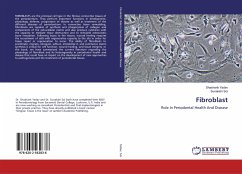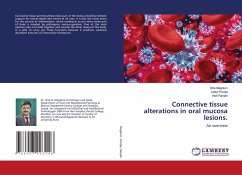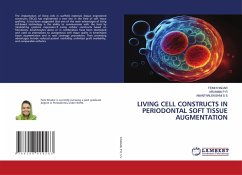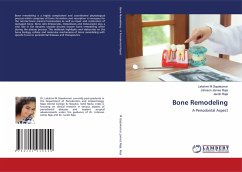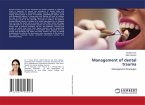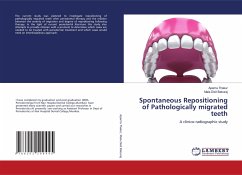FIBROBLASTS are the principal cell type in the fibrous connective tissues of the periodontium. They perform important functions in development, physiology, defense, progression of disease as well as treatment of the different diseases of periodontium. In connective tissue remodeling, fibroblasts are capable of synthesis and phagocytosis of collagen and components of the extracellular matrix and also produce cytokines with the capacity to mediate tissue destruction and to stimulate osteoclastic bone resorption. Following injury to the tissues, wound healing requires the recruitment of cells with regenerative capacity to the site in order for tissue repair or regeneration to occur. The ability of fibroblasts to proliferate, migrate, elongate, adhere, immobilize it, and commence matrix synthesis is critical for cell function, wound healing, and tissue integrity. In this book, we have summarized the current literature regarding the physiology of fibroblast and its heterogeneity in periodontal health and disease that could have an impact on the development of new approaches to pathogenesis and the treatment of periodontal tissues.
Bitte wählen Sie Ihr Anliegen aus.
Rechnungen
Retourenschein anfordern
Bestellstatus
Storno

